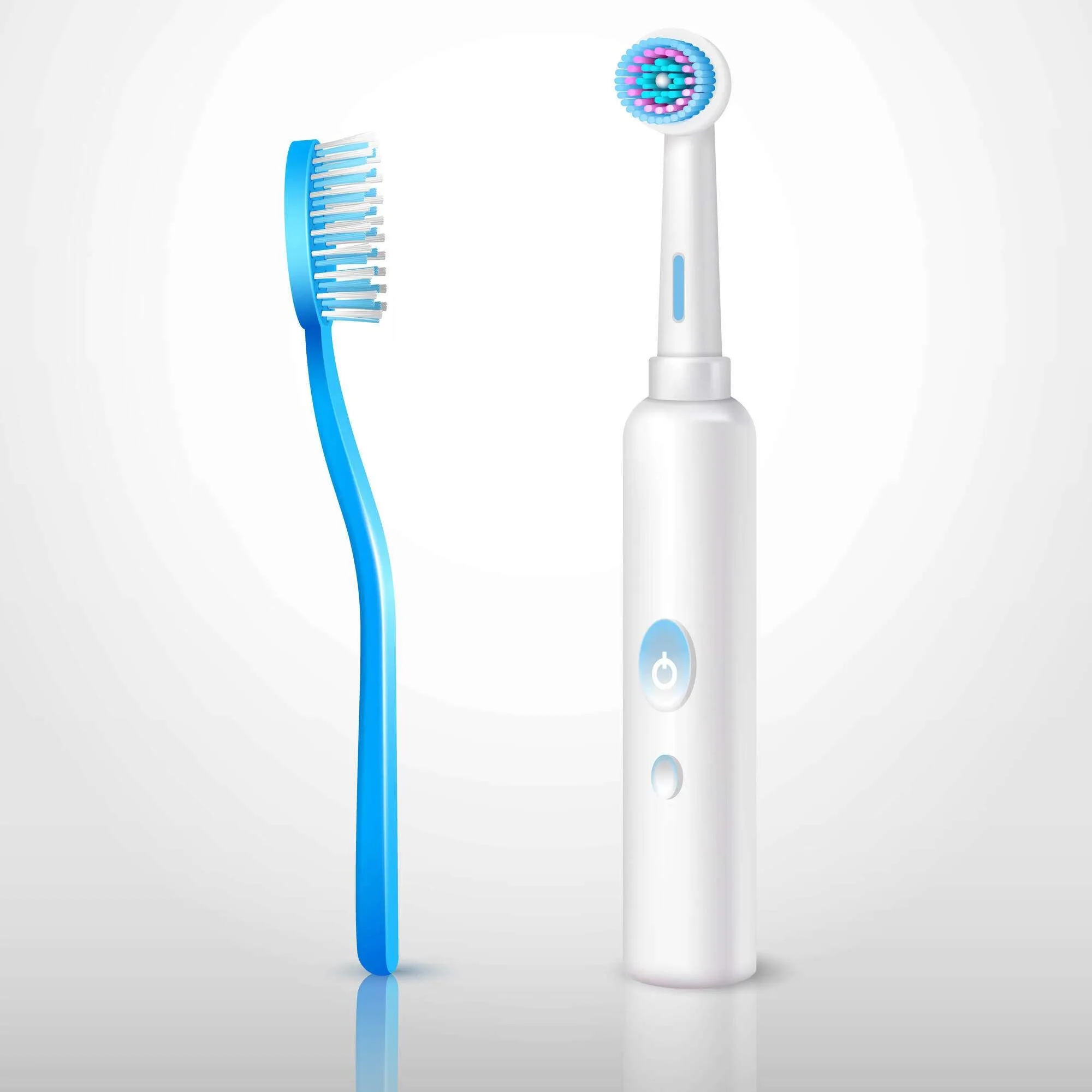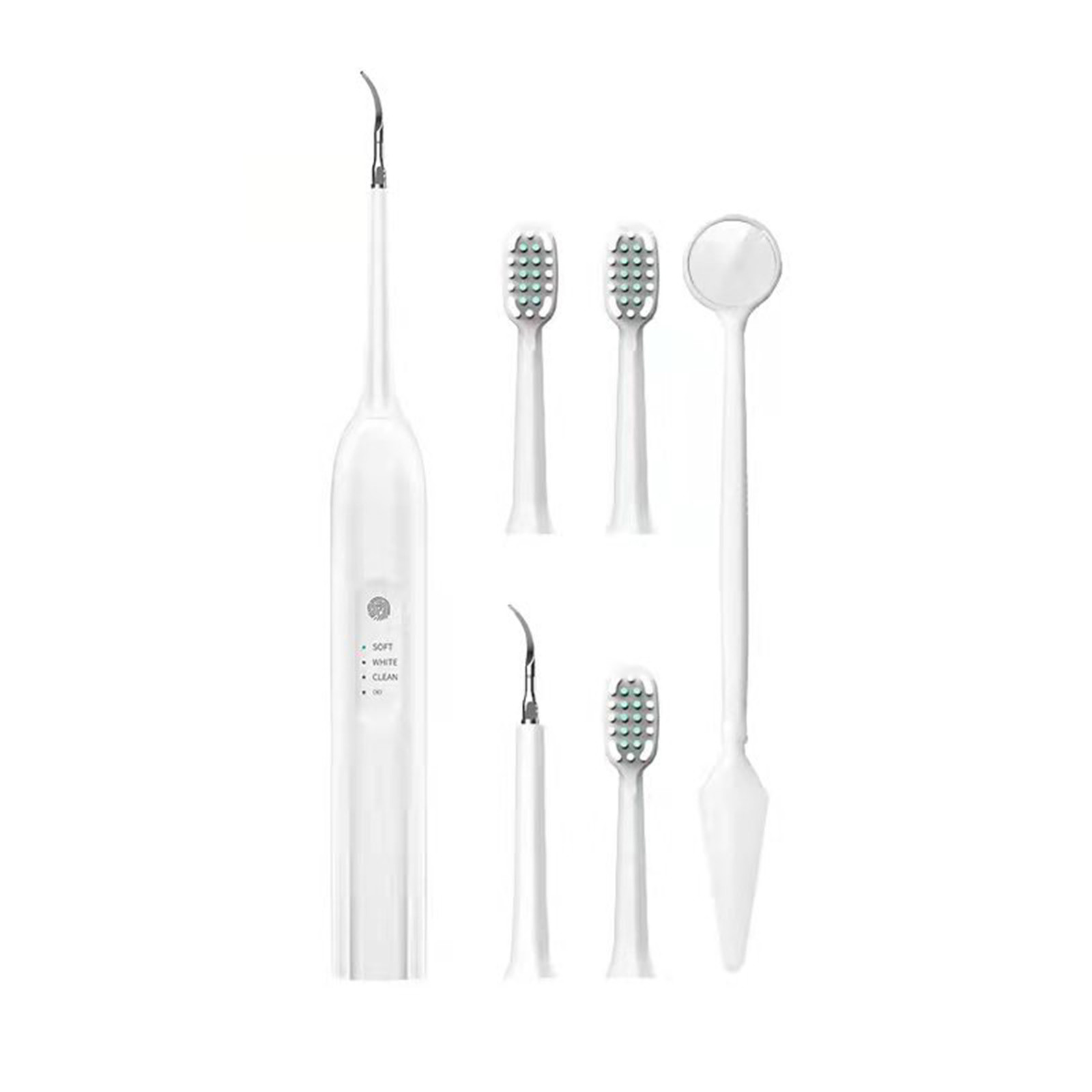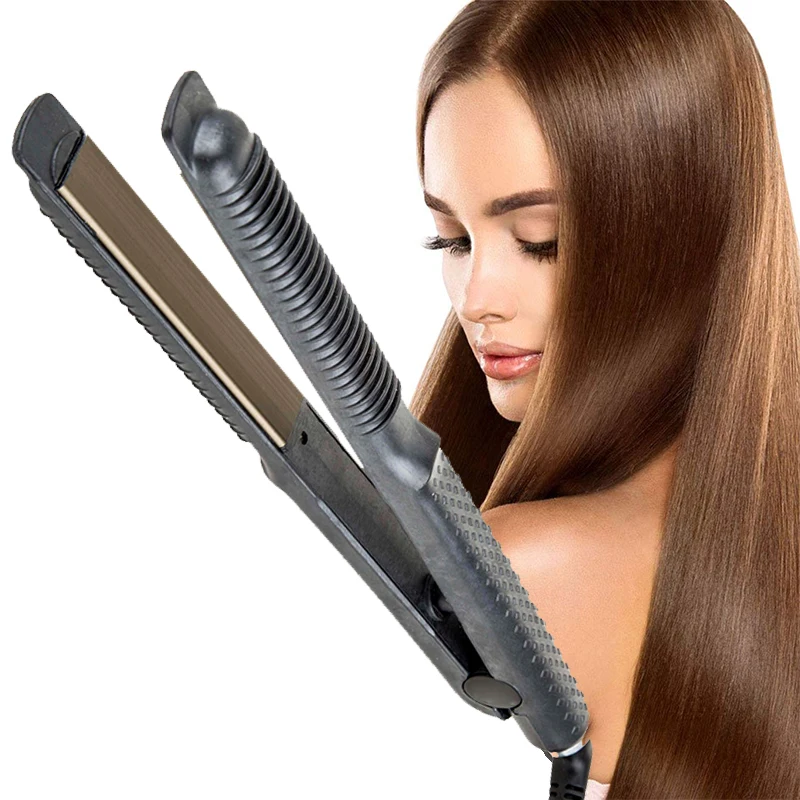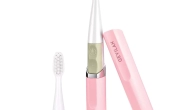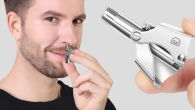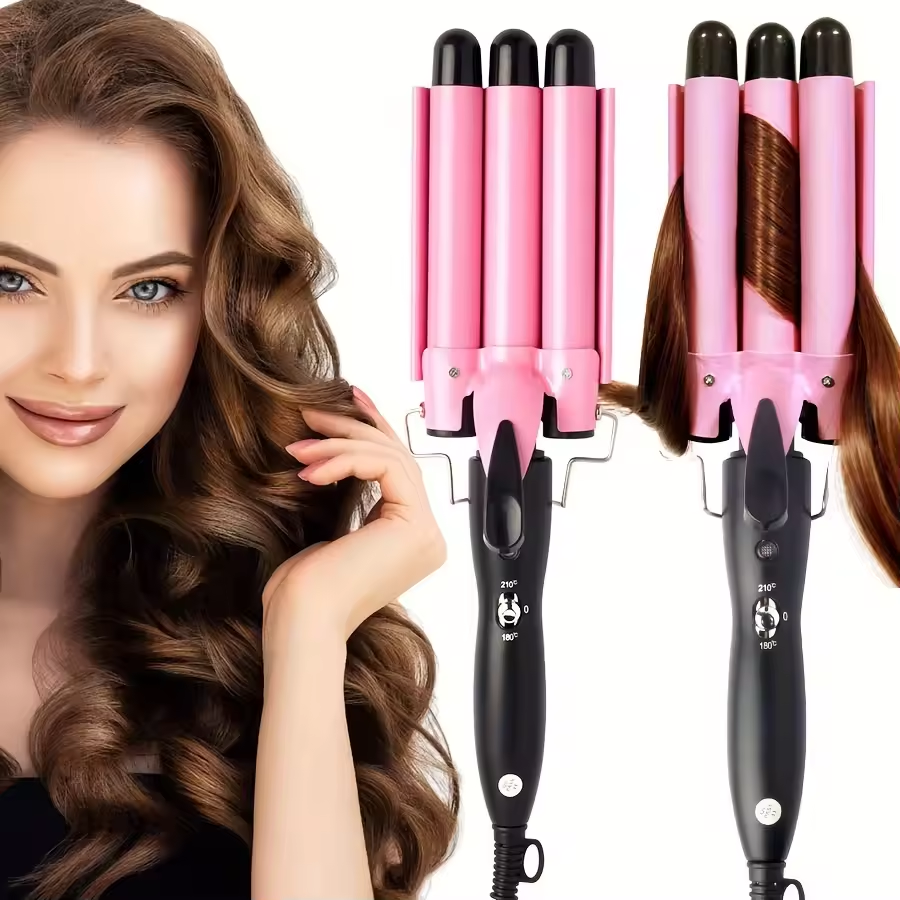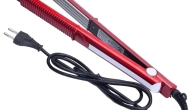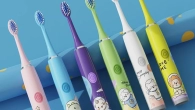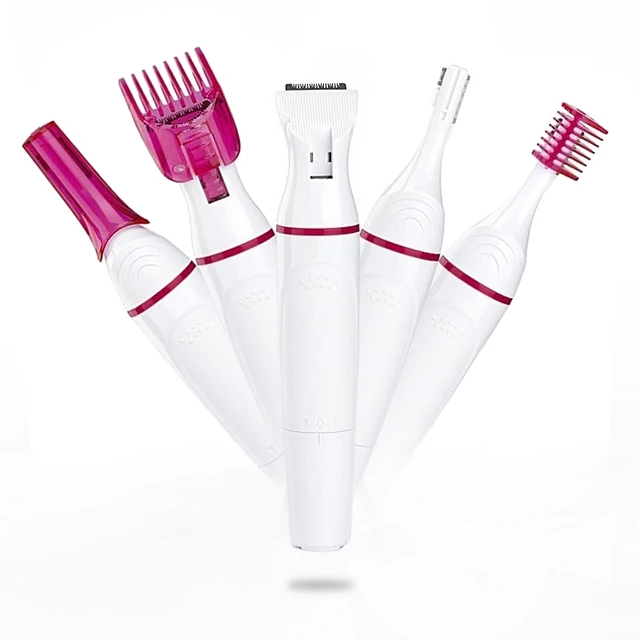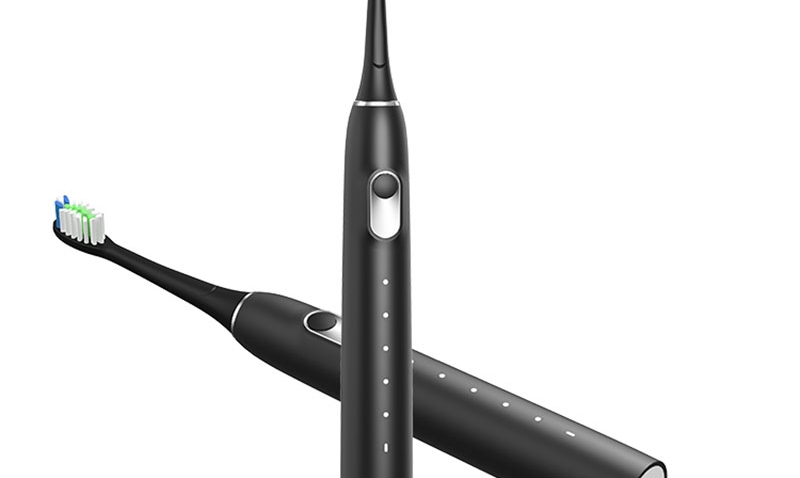
Manual Toothbrush vs. Electric: A Comprehensive Comparison
In the ongoing debate of manual toothbrush vs electric toothbrush, many consumers find themselves at a crossroads, unsure of which option truly offers superior cleaning power and oral health benefits. Both types of toothbrushes have their respective advocates and unique features, but the essential question remains: which one is better for your dental hygiene? This article aims to provide an in-depth analysis of the two, weighing their pros and cons, features, and effectiveness, ultimately guiding you in making an informed decision about your dental care routine.
Understanding the Basics of Toothbrushes
The Manual Toothbrush
A manual toothbrush consists of a handle and bristles, typically made from nylon, designed to help remove plaque and food particles from teeth and gums. Recommended by dental professionals for decades, this traditional tool has been a staple in oral care routines. Manual toothbrushes come in various shapes, sizes, and bristle types, allowing for customization based on individual preferences.
The Electric Toothbrush
On the other hand, electric toothbrushes are battery-operated or rechargeable devices that provide automated brushing motions. This type often boasts advanced features such as timers, pressure sensors, and even smart technology that connects to mobile applications. Electric toothbrushes can vary in terms of brushing modes, designs, and price points, but they all aim to enhance oral hygiene.
Effectiveness in Plaque Removal
Manual Toothbrush: Traditional Efficacy
Studies suggest that when used correctly, manual toothbrushes can effectively remove plaque. According to the American Dental Association (ADA), individuals must use proper brushing techniques, which include gentle, circular motions and a full two-minute brushing time, to achieve optimal results. However, many people struggle to maintain this level of diligence and technique consistently.
Electric Toothbrush: Advanced Cleaning Power
Electric toothbrushes, with their rapid brushing strokes, can make it easier to achieve more thorough cleaning than manual options. They often produce over 30,000 strokes per minute, significantly increasing contact with tooth surfaces. Research has consistently shown that electric toothbrushes lead to a greater reduction in plaque and gingivitis after a few months of use compared to manual toothbrushes, particularly among users who may not brush effectively.
User Experience and Convenience
Manual Toothbrush: Accessibility and Portability
The manual toothbrush boasts a few significant advantages, particularly in terms of accessibility. They are readily available, come at a low cost, and don’t require batteries or charging. Many people prefer the simplicity of a manual toothbrush. It’s straightforward, requires no learning curve, and can be easily taken on trips or stored without hassle.
Electric Toothbrush: A More Engaging Experience
Electric toothbrushes offer a more engaging experience that might motivate users, particularly children. The added features such as timers help ensure that users brush for the recommended two minutes. Additionally, models with pressure sensors can notify users if they are brushing too hard, thus preventing gum damage. By integrating smart technology, some electric toothbrushes can even track brushing habits, providing valuable feedback for improvement.
Cost Considerations
Manual Toothbrush: Budget-Friendly
From a financial perspective, manual toothbrushes are overwhelmingly more cost-effective. They can be purchased for as little as a dollar, and replacements typically occur every three to four months as recommended by dental professionals. For those on a tight budget, manual toothbrushes provide a viable solution for maintaining oral hygiene without financial strain.
Electric Toothbrush: Initial Investment but Long-Term Value
Electric toothbrushes generally involve a higher upfront investment, often costing anywhere from $20 to over $200. Furthermore, certain models require specialized brush heads, which can add to the ongoing costs. However, many users believe that the enhanced cleaning power of electric brushes justifies the price. Over time, these brushes can contribute to better oral health, potentially reducing dental expenses related to restoring damaged teeth or treating gum disease.
Sustainability and Environmental Impact
Manual Toothbrush: Less Waste
From an environmental standpoint, manual toothbrushes can be considered more sustainable. While plastic toothbrushes contribute to waste, they are often less expensive and produce less long-term environmental impact when replaced regularly.
Electric Toothbrush: Considerations for Disposal
In contrast, electric toothbrushes usually involve more significant waste due to their composite nature—combining electronic components and plastics. While some brands offer recycling programs, many do not, leading to environmental challenges associated with disposal. As consumers become more eco-conscious, the sustainability aspect of dental care products will likely play a larger role in purchasing decisions.
Target Demographics: Who Should Use What?
Manual Toothbrush: A Suitable Option for Everyone
Manual toothbrushes are an optimal choice for individuals who prefer simplicity and control in their brushing routine. They are particularly advantageous for individuals who travel frequently, children learning to brush, or those keen on maintaining a budget. For users who adhere to proper brushing techniques, manual toothbrushes can meet oral hygiene requirements effectively.
Electric Toothbrush: Enhanced Features for Specific Needs
Electric toothbrushes may be particularly beneficial for individuals with limited dexterity or mobility issues, such as the elderly or those with conditions like arthritis. Their automated features enable effective brushing, even with reduced hand strength. Moreover, electric toothbrushes may also be ideal for children who require encouragement or motivation to maintain their dental hygiene habits.
Dentist Recommendations: Professional Opinions
Manual Toothbrush: Endorsed for Skill
Many dentists still recommend manual toothbrushes, emphasizing the need for proper training on effective brushing techniques. Regular dental checkups can also ensure that users are maintaining an appropriate brushing routine. When used diligently, manual toothbrushes can indeed yield excellent results.
Electric Toothbrush: Growing Acceptance
However, the dental community has embraced electric toothbrushes more widely over recent years, particularly for their ability to offer better cleaning for both children and adults. Many dental professionals advocate for electric brushes due to the evidence supporting their superior efficacy and ease of use, particularly for patients who struggle with manual brushing techniques.
Personal Preference and Lifestyle
Manual Toothbrush: Maintaining Control
Ultimately, the choice between manual and electric toothbrushes often comes down to personal preference and lifestyle. Some individuals may enjoy the meditative quality of manually brushing their teeth and appreciate the control they have over every area of their oral cavity.
Electric Toothbrush: Embracing Modern Technology
On the flip side, those who embrace technology may lean toward electric toothbrushes for their modern features and advanced capabilities. For many, the convenience of an electric toothbrush simplifies their oral hygiene routine, making it easier to establish healthy habits.
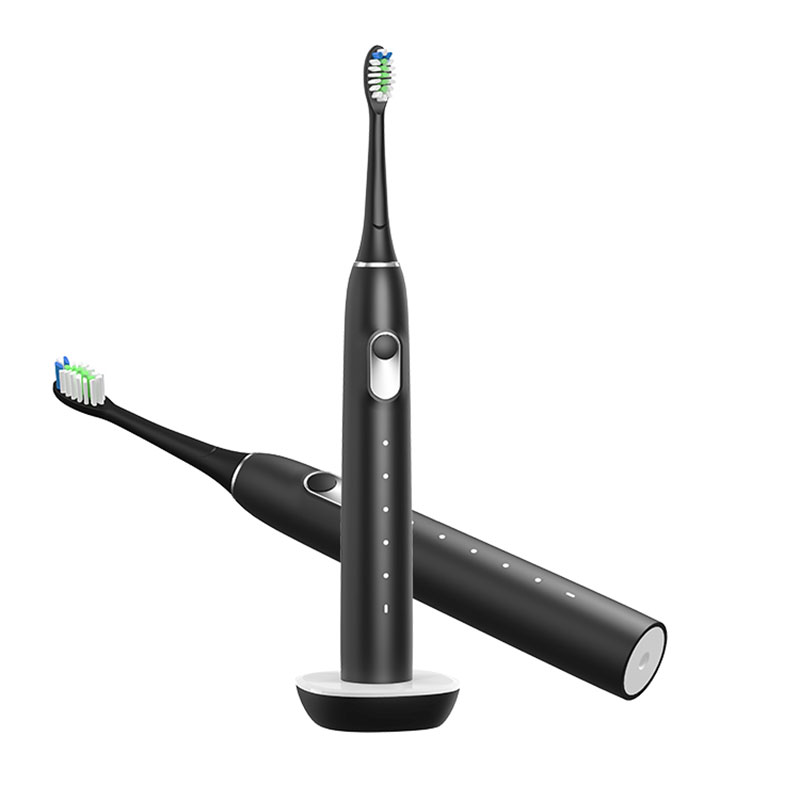 Reducing Dental Anxiety
Reducing Dental Anxiety
Manual Toothbrush: A Familiar Routine
For individuals experiencing dental anxiety, a manual toothbrush can provide a sense of familiarity and comfort. The simplicity of the tool may alleviate stress associated with dental visits.
Electric Toothbrush: Calming Features
Electric toothbrushes, meanwhile, can also help reduce dental anxiety through features that promote a positive brushing experience. Many come equipped with gentle modes designed for sensitive teeth or gums, ensuring a stress-free cleaning.
Conclusion: Manual Toothbrush vs. Electric
In the manual toothbrush vs. electric toothbrush debate, various factors, including effectiveness, cost, user experience, and personal preference, play a significant role in informing one’s choice. Both forms of toothbrushes contribute to effective dental hygiene when used appropriately. The best option ultimately hinges on individual needs, lifestyle, and adherence to proper oral care habits. By considering all available information and their unique features, consumers can select the toothbrush that aligns best with their oral health goals. Remember, regardless of which toothbrush you choose, consistency in brushing, regular dental check-ups, and proper techniques are crucial for maintaining optimal oral health.




